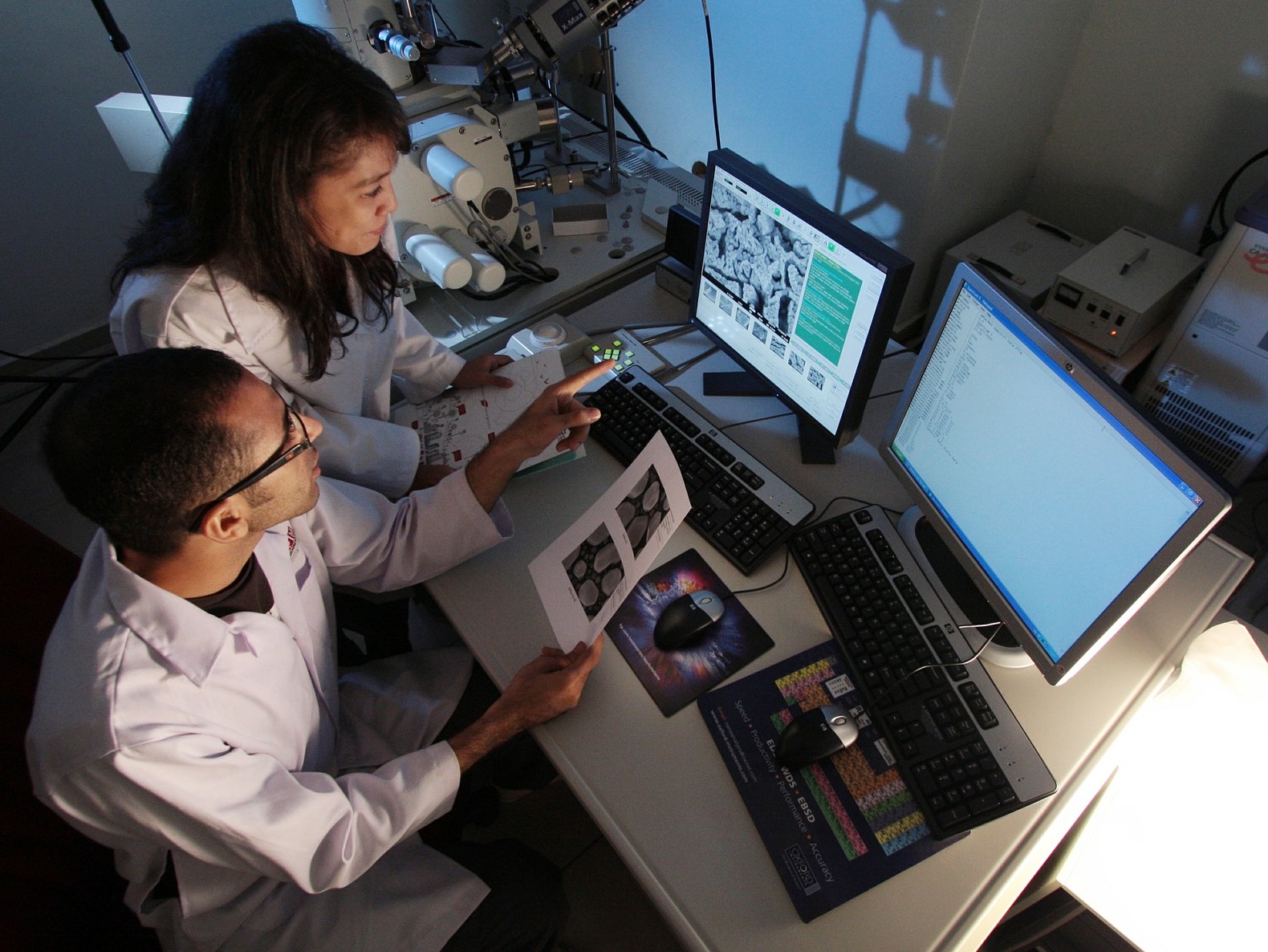Biomedical studies are including more female subjects (finally)
By Bethany Brookshire,
Science News
| 06. 09. 2020
In 2019, 49 percent of biomedical research articles had both male and female subjects, almost double the percentage a decade years ago.
Biomedical science has historically been a male-dominated world — not just for the scientists, but also for their research subjects. Even most lab mice were male (SN: 6/18/19). But now, a new study shows that researchers are starting to include more females — from mice to humans — in their work.
In 2019, 49 percent of articles surveyed in biomedical science used both male and female subjects, almost twice as many as a decade before, according to findings published June 9 in eLife.
A study of articles published in 2009 across 10 biomedical disciplines showed a dismal picture. Only 28 percent of 841 research studies included both males and female subjects. The results were published in 2011 in Neuroscience and Biobehavioral Reviews.
The scientific world took note. In 2016, the U.S. National Institutes of Health instituted the Sex as a Biological Variable policy in an effort to correct the imbalance. Scientists had to use both males and females in NIH-funded research unless they could present a “strong justification” otherwise.
Annaliese Beery, a neuroscientist at Smith...
Related Articles
By Scott Solomon, The MIT Press Reader | 02.12.2026
Chris Mason is a man in a hurry.
“Sometimes walking from the subway to the lab takes too long, so I’ll start running,” he told me over breakfast at a bistro near his home in Brooklyn on a crisp...
By Diaa Hadid and Shweta Desai, NPR | 01.29.2026
MUMBRA, India — The afternoon sun shines on the woman in a commuter-town café, highlighting her almond-shaped eyes and pale skin, a look often sought after by couples who need an egg to have a baby.
"I have good eggs,"...
By George Janes, BioNews | 01.12.2026
A heart attack patient has become the first person to be treated in a clinical trial of an experimental gene therapy, which aims to strengthen blood vessels after coronary bypass surgery.
Coronary artery bypass surgery is performed to treat...
By Staff, ScienceDaily | 01.05.2026
Scientists at UNSW Sydney have developed a new form of CRISPR technology that could make gene therapy safer while also resolving a decades-long debate about how genes are switched off. The research shows that small chemical markers attached to DNA
...




